I have said that Nogglestead has the trenchcoat schtick, where you can find anything at times somewhere (in the linked example, I found a jump ring on the kitchen counter that I could use to make a pendant out of an English pound coin).
But sometimes the things one finds are of dubious utility.
I’m on a multi-year project to slowly clean out my garage which is not impassable but is getting there. For too many years, it’s been a life of “clean out the car by throwing things from the car into the mess beside the car” and “just put it down anywhere when you’re done with it” even if that is atop something else just put down instead of away so that after a few rounds or strata of that behavior, you cannot find anything. Or even the multi-year process of cleaning the garage involves taking things from the shelves and sorting them into bins and then determining I need more bins, and then leaving the bins scattered around the floor for weeks until I get additional binnery which I just set down atop other things when I unload them from the car (combining the best from “clean out the car by throwing things from the car into the mess beside the car” and “just put it down anywhere when you’re done with it”).
Also, as I’m culling things, I’m building up a solid bank of boxes of items to donate to charitable garage sales and whatnot (but they only arise once a year or so, so I cannot clear them as they go).
So, basically, I’m moving the clutter and reorganizing it and, once in a while, throwing something out. But not a lot. Maybe a couple of cubic inches every couple of months move to the garbage bin. I even finally discarded the child-sized foam martial arts sparring gear that my boys have not used in almost five years and have since way outgrown. The web-drenched martial arts bags, though, remain on the pile.
Whenever I think about buckling down and doing it, I’m overwhelmed. Which means the “process” is mostly me wandering around and nibbling at the margins. It came to a head Thursday when we had a garage door man in for a bit of repair, and he asked if I had any bolts. Ah, gentle reader, I have several sizes of carriage bolts that I have used, this summer, for repairing my gates–along with matching nuts and washers. But when he asked, I could not find them. Hours later, it occurred to me that I’d used a bucket to carry them to the places where I used them, so instead of looking for them in bins under the piles on the floor, I should have been looking for buckets under the piles on the floor.
So while the garage door man worked, I wandered around the garage, wondering where, again, to begin.
And I began by taking this from one of the built in shelves:
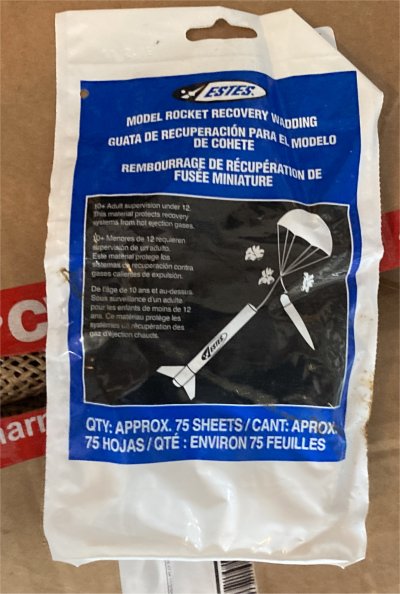
And putting it into a box on the rick of donations that we’ve gathered.
Model rocket wadding? Why do we have this? I don’t remember the boys having model rockets at all, although I don’t remember every gift they received (or even that I gave them) which they might have messed with for a day or so and then set aside. I haven’t seen any other parts of model rocketry in the garage. I just…. don’t know.
So it goes into the donations bin in hopes someone will find a quarter’s worth of use out of it, but….
Well, I wish every decision I had to make was this easy.
You would think it would be just as easy to determine a fate for every pine board that our family has broken in martial arts classes testing over the last fifteen years would have an easy solution, but no. I think I need another bin or two to contain and consolidate the collection. So I will leave them where they are for now.




 I picked this audio course up at the Friends of the Springfield-Greene County Library book sale
I picked this audio course up at the Friends of the Springfield-Greene County Library book sale  I bought this book at ABC Books
I bought this book at ABC Books 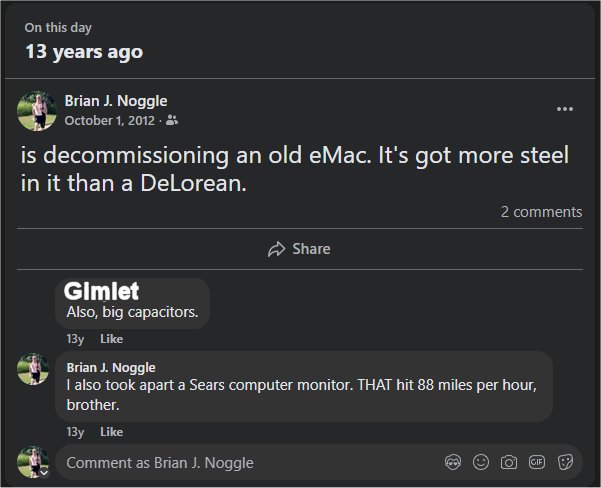
 This, too, is a fairly recent acquisition (
This, too, is a fairly recent acquisition (

 On Sunday, I did something I really haven’t done in a while: I watched a couple of football games. And since the one was the Chicago Bears game, which they won not because they deserved to win it but because the Raiders deserved to lose it, I had the opportunity to flip through some art and touristy books between plays (which is most of the three hours of the televised football game).
On Sunday, I did something I really haven’t done in a while: I watched a couple of football games. And since the one was the Chicago Bears game, which they won not because they deserved to win it but because the Raiders deserved to lose it, I had the opportunity to flip through some art and touristy books between plays (which is most of the three hours of the televised football game).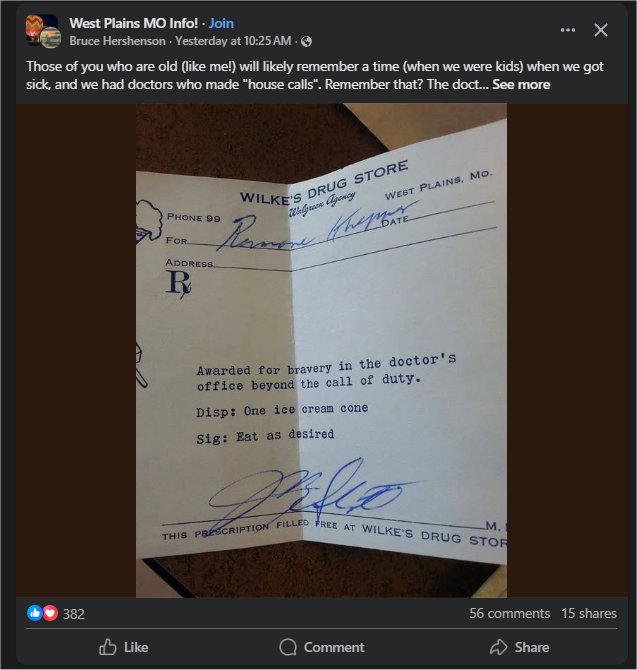
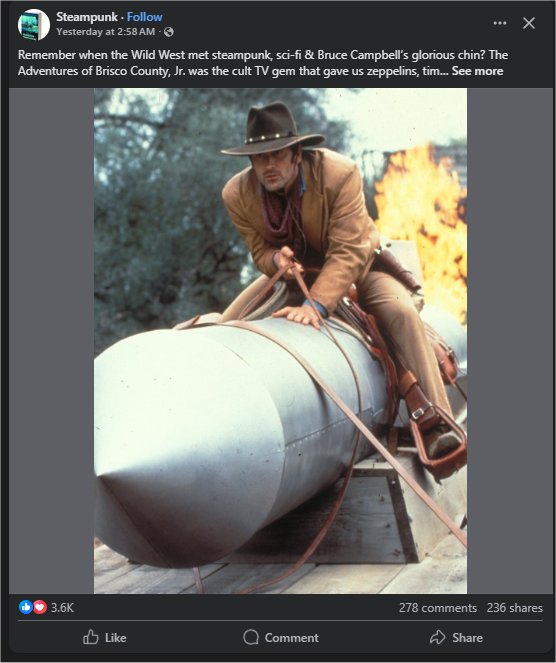



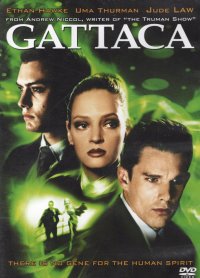 The film stars Ethan Hawke and Jude Law, so you know it’s a serious film, not an actioner or thriller like, say,
The film stars Ethan Hawke and Jude Law, so you know it’s a serious film, not an actioner or thriller like, say, 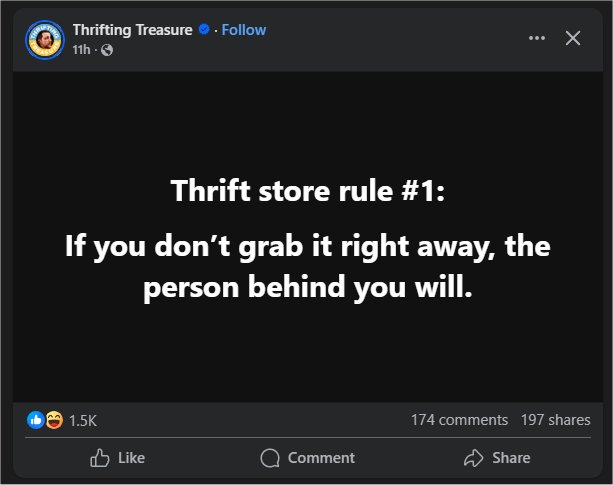
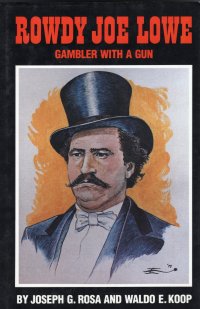 I picked up this book
I picked up this book 

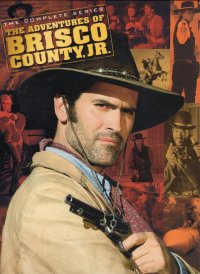 Ah, gentle reader. It took me a while to finish this series; I started watching it with my children
Ah, gentle reader. It took me a while to finish this series; I started watching it with my children  I don’t remember when I got this booklet. By “remember,” I mean I did not list it on the Web site in a Good Book Hunting post. But it is the size of something that would have come in a dollar bundle at a Friends of the Springfield-Greene County Library Book Sale.
I don’t remember when I got this booklet. By “remember,” I mean I did not list it on the Web site in a Good Book Hunting post. But it is the size of something that would have come in a dollar bundle at a Friends of the Springfield-Greene County Library Book Sale.